When parliamentarians disclose their additional income from lobbying work, they gain more trust from the electorate. This was demonstrated for the first time by researchers from the University of Basel. Even members of parliament who receive very large financial contributions from their vested interests benefit from greater transparency.

Claudia Lenz has developed a method that increases the amount of time available to provide proof of strangulation injuries, thereby improving the evidence base for violent crimes. The physicist was awarded the Emilie Louise Frey Prize at this year’s Dies academicus for this and other work as part of her habilitation.
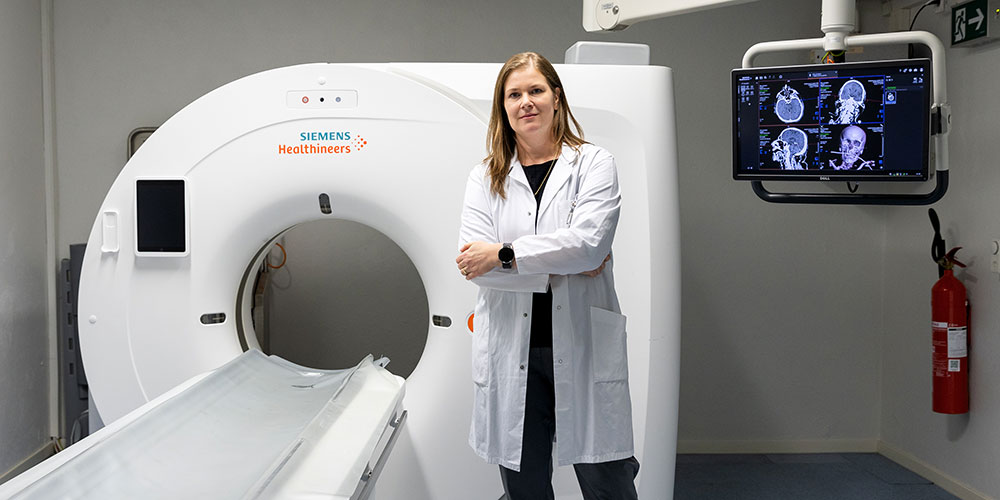
For more than two decades, researchers at the University of Basel have been investigating a severe form of muscular dystrophy in which muscles progressively degenerate. The research team has now discovered that the muscles’ ability to regenerate is also impaired. Future therapies should therefore aim not only to strengthen muscles but also to promote their regeneration.
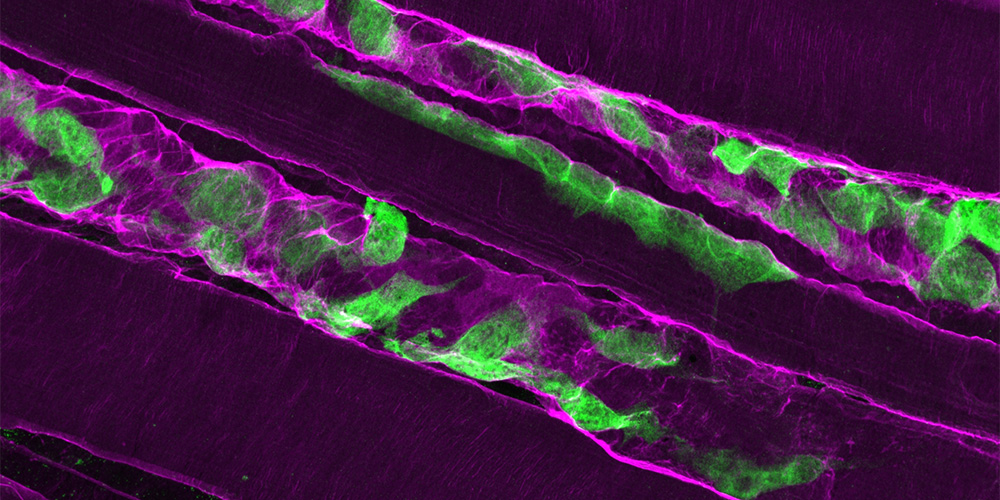
At the Dies academicus 2025, the University of Basel honored leading figures from the fields of art, science and society. In addition to awarding seven honorary doctorates and numerous prizes, an honorary councillor was appointed for the first time.
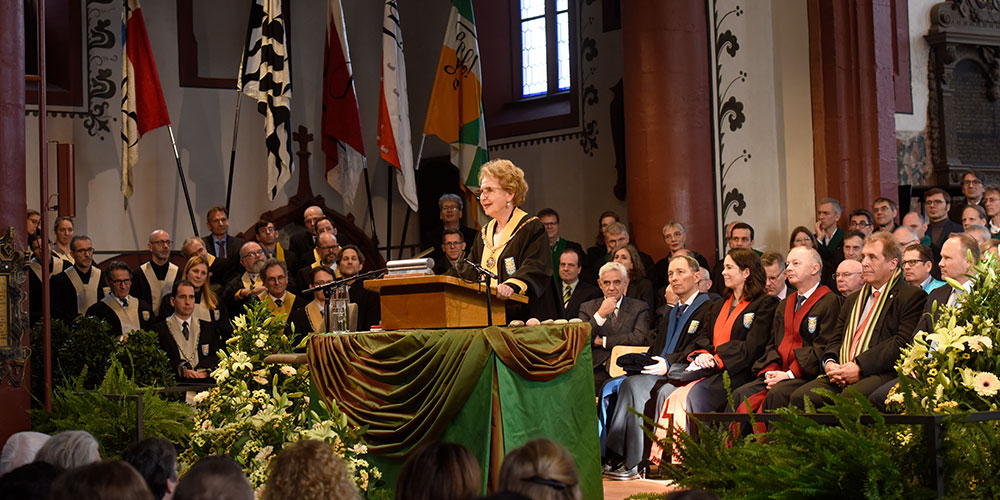
Sexist harassment on online platforms discourages young women from getting involved in politics, as shown by a new study by the University of Basel. The consequences are not only borne by those directly affected, with democracy also being harmed.

Researchers at the University of Basel have developed a new approach to applying thermodynamics to microscopic quantum systems.
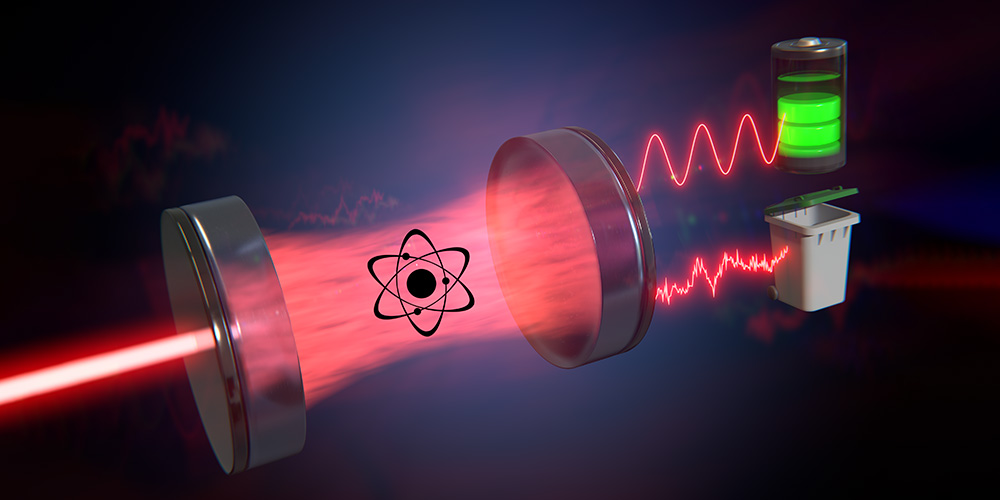
The drug dexamethasone supplements cancer treatments to alleviate side effects of chemotherapy such as nausea or inflammation. Researchers at the University of Basel have now discovered that it also fights metastases in certain types of breast cancer.
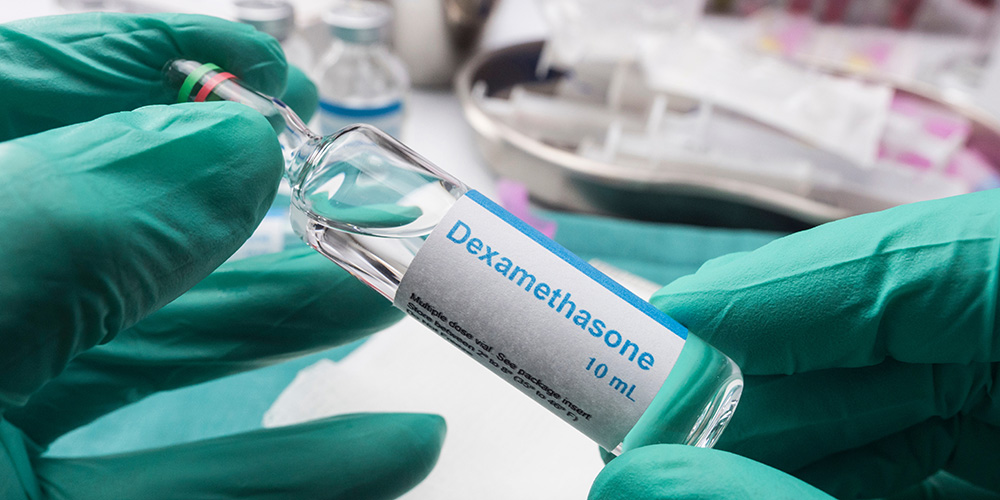
Our body’s “blood factory” consists of specialized tissue made up of bone cells, blood vessels, nerves and other cell types. Now, researchers have succeeded for the first time in recreating this cellular complexity in the laboratory using only human cells. The novel system could reduce the need for animal experiments for many applications.
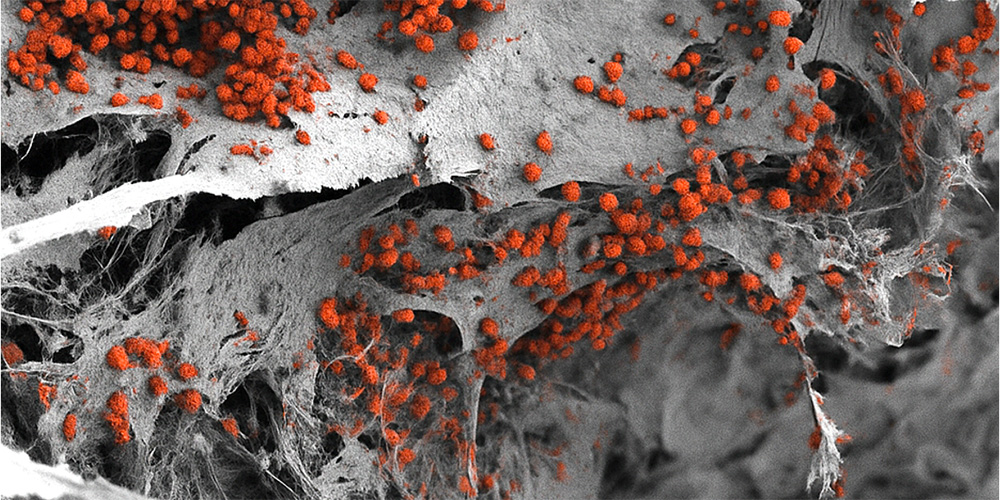
Prof. Dr. Burcu Tepekule is to become the new assistant professor of Paediatric Infectious and Emerging Diseases Modelling. The University Council has also promoted Prof. Dr. Alain Müller to associate professor.
